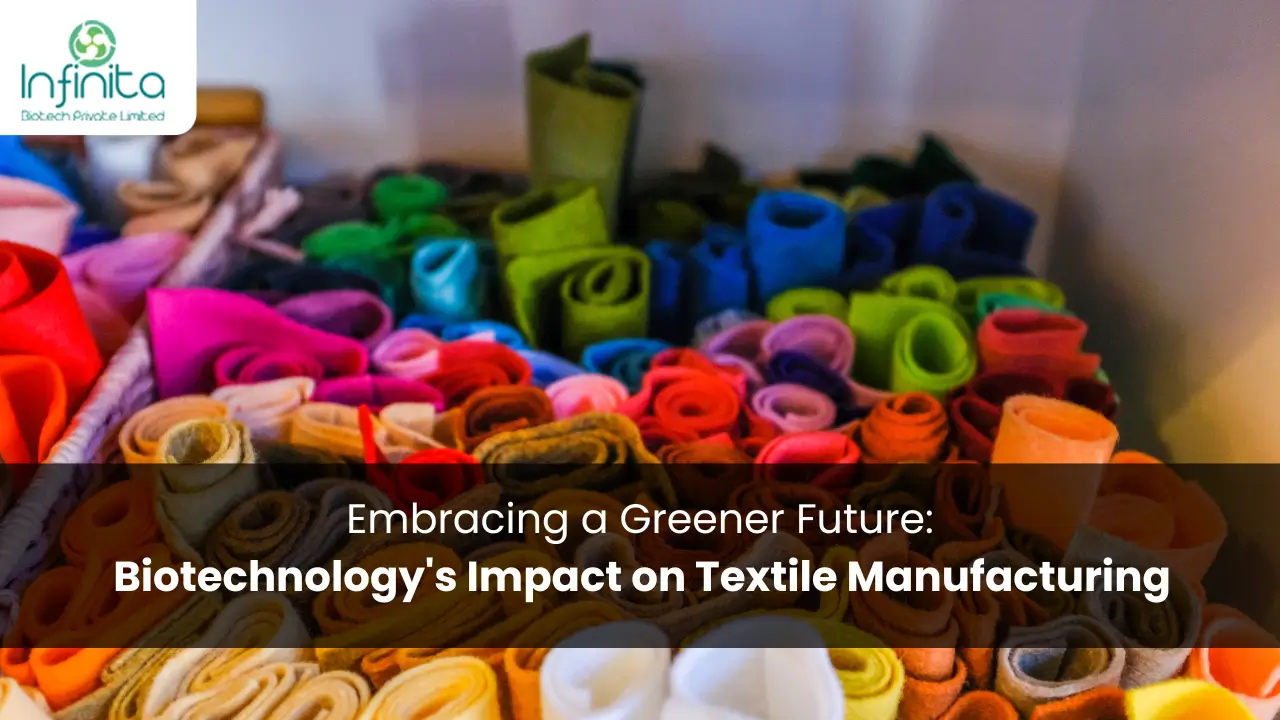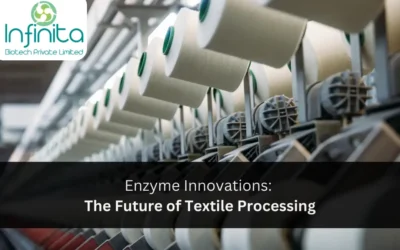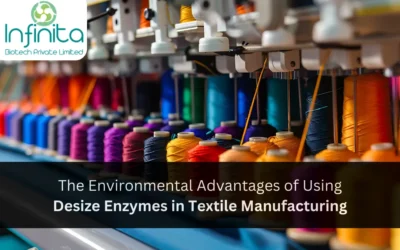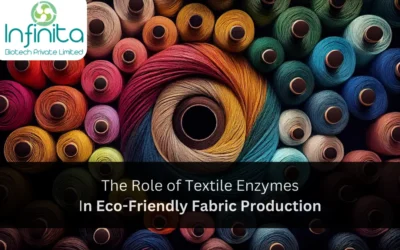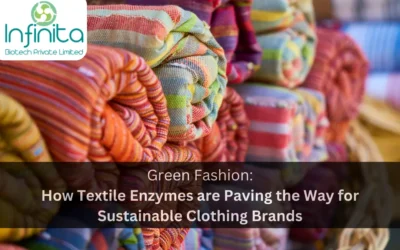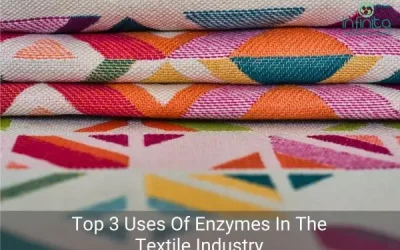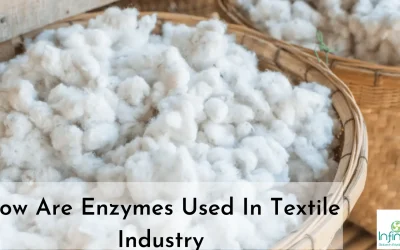In the quest for sustainability, the textile industry is undergoing a radical transformation, driven by biotechnological innovations. This shift transcends traditional practices, focusing on reducing environmental footprints and embracing ethical manufacturing.
Biotechnology emerges as a beacon of hope, offering groundbreaking solutions that promise a more sustainable and responsible future in textile production.
Revolutionizing Fashion with Biotechnology
The integration of biotechnology in textile manufacturing marks the dawn of a new era. Moving away from environmentally detrimental practices, this approach leverages living organisms and their by-products to create eco-friendly textiles.
This revolution is not just about sustainability; it’s a complete redefinition of fashion’s fabric, blending ecological consciousness with cutting-edge science.
Spider Silk and Bacteria: Pioneers of Sustainable Textiles
Innovations like AMSilk’s bioengineered spider silk, produced using genetically modified bacteria, are at the forefront of sustainable textile materials.
This breakthrough not only offers an eco-friendly alternative to traditional fabrics but also sets new standards in material strength and versatility, heralding a new age of sustainable fashion
Algae: The New Frontier in Textile Innovation
Algalife is tapping into the untapped potential of algae, transforming it into a sustainable textile resource. This approach not only minimizes environmental impact but also enhances wearer health, showcasing how biotechnology can harmonize textile production with both ecological and human well-being.
Mycelium: Redefining Textile Production
Dutch firm NEFFA is leading a groundbreaking initiative, utilizing mycelium for creating seamless, sustainable garments. This innovative approach significantly reduces waste and resource consumption, offering a compelling eco-friendly alternative to conventional textile materials.
In the textile industry, enzymes play a pivotal role, offering eco-friendly solutions for various processes like bio-polishing, desizing, and coloration, further advancing the sector’s sustainability efforts. This integration of enzymes not only streamlines production but also minimizes environmental impacts.
Transforming Dyeing Processes with Bacteria-Based Solutions
Faber Futures is revolutionizing the textile dyeing process, employing bacteria-based dyes to mitigate environmental damage. This method dramatically reduces water consumption and eliminates the need for toxic chemicals, marking a significant leap towards eco-conscious textile manufacturing.
Navigating the Challenges of Biofabrication in Textiles
Despite the promising future of biotechnological applications in textiles, challenges in scalability and cost-effectiveness remain. The industry is poised for a paradigm shift as these innovative materials become more accessible, signaling a new chapter in sustainable fashion.
The integration of enzymes in textile processes, plays a crucial role in addressing these challenges by enhancing the efficiency and eco-friendliness of biofabrication, potentially reducing costs and improving scalability in the textile industry.
FAQs: Understanding Biotechnology in Sustainable Textiles
What role does biotechnology play in sustainable textile manufacturing?
Biotechnology introduces eco-friendly materials and processes, significantly reducing the environmental impact of textile production.
How do biofabricated materials compare with traditional textiles?
Biofabricated materials often offer superior qualities, such as enhanced durability and sustainability, positioning them as viable alternatives to conventional textiles.
What environmental benefits do algae and fungi offer in textile production?
These materials are resource-efficient, produce minimal waste, and are typically biodegradable, greatly reducing the ecological footprint of textile manufacturing.
Can biotechnology reduce water pollution in the textile industry?
Yes, biotechnological methods like bacteria-based dyes drastically cut down water usage and eliminate harmful chemical discharges.
What challenges exist in scaling up biotechnological processes for textiles?
Key challenges include achieving cost-effectiveness, maintaining quality at large scales, and integrating these processes into existing manufacturing infrastructures.
